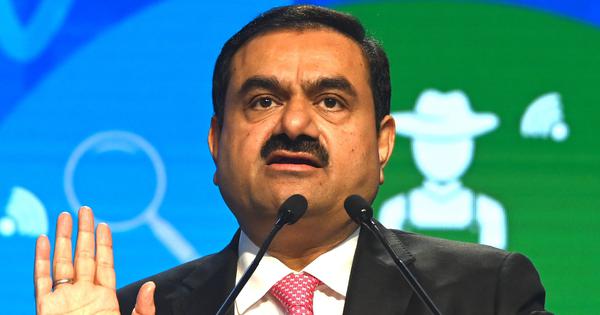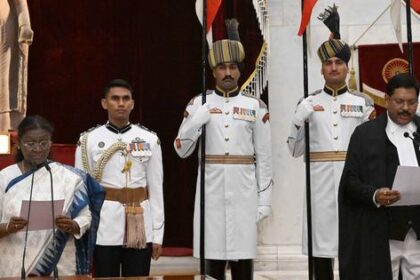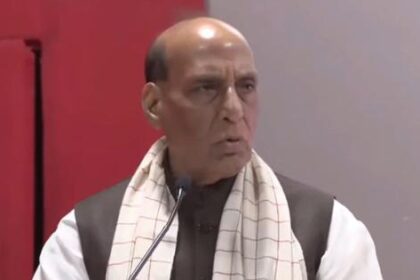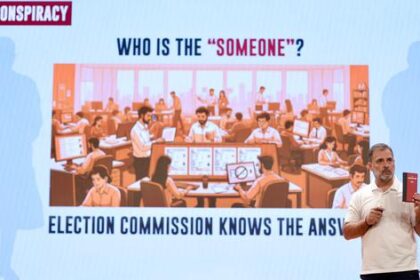Judges stress the importance of allowing journalists a chance to defend their reporting in court.
A Delhi court recently overturned a previous order that had restrained four journalists from publishing reports deemed allegedly defamatory about Gautam Adani’s company, Adani Enterprises. This decision was announced by District Judge Ashish Aggarwal on Thursday, following an appeal from journalists Paranjoy Guha Thakurta, Ravi Nair, Abir Dasgupta, Ayaskant Das, and Ayush Joshi.
The initial order, issued by Special Civil Judge Anuj Kumar Singh of the Rohini Courts on September 6, had temporarily prohibited the journalists and several associated websites from disseminating content related to the Adani Group. However, Judge Aggarwal noted that the articles in question had long been accessible to the public and highlighted that the civil judge should have provided the journalists an opportunity to present their case before imposing such restrictions.
During the hearing, Judge Aggarwal pointed out the potential difficulty in restoring the articles if they were found to be non-defamatory after a proper hearing. He asserted that the trial court should have considered the requests made by Adani Enterprises only after granting a hearing to the defendants. The bench declared that the earlier order was not sustainable under these circumstances.
Advocate Vrinda Grover, representing the journalists, questioned the lack of notice before the court issued the restraining order. She argued that a brief notice period could have allowed the court to hear their side, which would have been beneficial to the case. Grover remarked on the irony of a major media entity claiming it only recently encountered these articles.
On September 6, the court had granted the injunction in favor of Adani Enterprises, mandating the defendants to either expunge the content from their articles and social media posts or remove it within five days if expunging was not feasible. However, the court clarified that it was not issuing a blanket prohibition on fair, verified, and substantiated reporting, nor on the hosting or circulation of related articles and posts.
This legal matter arose from a defamation suit filed by Adani Enterprises, which contended that various journalists, activists, and organizations had harmed the company’s reputation, resulting in significant financial losses for its stakeholders. In light of the September 6 order, the Union government subsequently directed multiple news outlets and independent journalists to remove content that was perceived as defamatory towards Adani Enterprises. This directive affected various news platforms, including Newslaundry, The Wire, and HW News, along with several individual journalists and content creators.
Specifically, the government mandated the removal of 138 YouTube videos and 83 Instagram posts, encompassing not only investigative reports but also satirical content and incidental references to the Adani Group. The Editors Guild of India expressed deep concern regarding the court’s initial order and the government’s subsequent directives, suggesting that these actions represented a troubling move toward censorship and posed a threat to freedom of speech.








